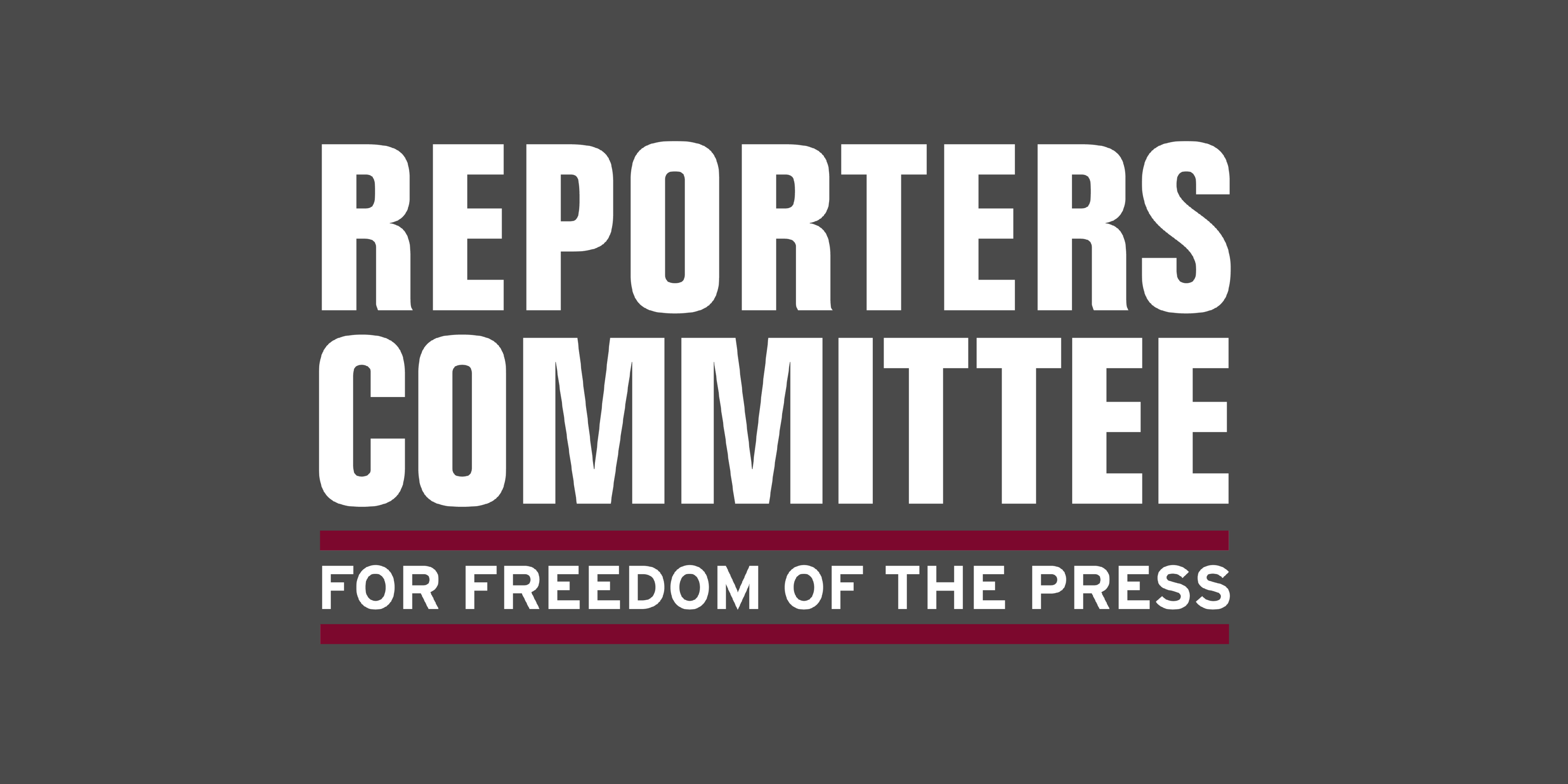Reporters Committee statement on historic Justice Department policy barring news media records seizures

In a formal memorandum released on Monday, U.S. Attorney General Merrick Garland outlined the framework of a new policy barring the Department of Justice from seizing journalists’ records — a move championed by news media leaders and press freedom advocates in the wake of several recent disclosures that the DOJ under the Trump administration authorized the seizure of reporters’ phone and email records as part of leak investigations.
Bruce D. Brown, executive director of the Reporters Committee for Freedom of the Press, made the following statement:
“The attorney general has taken a necessary and momentous step to protect press freedom at a critical time. This historic new policy will ensure that journalists can do their job of informing the public without fear of federal government intrusion into their relationships with confidential sources.”
In setting down a bright line rule barring records seizures, the memo explicitly addresses the failure of the longstanding balancing test in the guidelines, which required the Justice Department to weigh investigative interests against press freedom. The memo states that such a test “may fail to properly weight the important national interest in protecting journalists from compelled disclosure of information revealing their sources, sources they need to apprise the American people of the workings of their government.”
The memo includes only narrow and clear exceptions, including when a journalist is engaged in ordinary criminal activity, like insider trading, or in cases where information could prevent an “imminent risk of death or serious bodily harm.” The policy also does not apply to the “small category” where the target may be an agent of a foreign power or member of a foreign terrorist organization.
The memo requires that, until implementing regulations are finalized, the deputy attorney general must be consulted when there is any uncertainty regarding the new rule’s application, which heightens existing procedural protections.
Finally, the memo expressly supports legislation to enshrine the new rule in law.
The policy, which will now be drafted into a formal regulation, is the result of recent conversations between Justice Department officials and news media representatives, including Brown. During meetings on June 14 and 28, Garland, Brown and news organization leaders agreed that the Justice Department needed to implement “strong, durable rules” that would prevent government attorneys from obtaining journalists’ records in the course of federal investigations.
News media representatives requested the meetings with Justice Department officials following reports that the Trump administration authorized prosecutors in 2020 to seize metadata from reporters at the Washington Post, CNN and the New York Times, without advance notification, in an effort to identify their confidential sources. In a recent column for Lawfare, Brown and Gabe Rottman, director of the Reporters Committee’s Technology and Press Freedom Project, explored the records seizures in more detail.
Since 2013, the Reporters Committee has led a group of media organizations in working with the Justice Department to strengthen and preserve the federal guidelines that protect journalists and news outlets from being forced to disclose their confidential sources or other newsgathering records in the course of leaks probes or other federal investigations.
The Reporters Committee regularly files friend-of-the-court briefs and its attorneys represent journalists and news organizations pro bono in court cases that involve First Amendment freedoms, the newsgathering rights of journalists and access to public information. Stay up-to-date on our work by signing up for our monthly newsletter and following us on Twitter or Instagram.